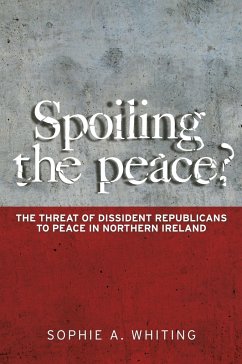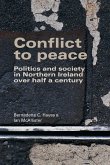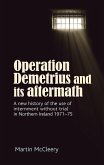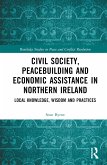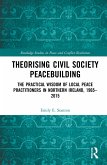This book assesses the security threat and political challenges posed by dissident republicanism to the Northern Irish peace process. Irish republicanism embraces a broad spectrum of tactics and principles, ranging from those who consider armed struggle to be an essential element of any republican campaign, to reformers of existing constitutional arrangements. This book begins by examining Sinn Féin's evolution from the margins of political existence to becoming mainstream constitutional players. It then assesses how the compromises associated with these changes have been rejected by republican 'dissidents'. Drawing upon in-depth interviews, this book analyses the political strategies and armed tactics of dissident republicans. This discussion places the state response to armed republicanism in Northern Ireland within the broader debate on counter-terrorism after 9/11. In exploring the heterogeneity of contemporary Irish republicanism, the book provides an assessment of the challenges posed by dissidents to Northern Ireland in a post-Good Friday Agreement context. This book will be of vital interest to academics, policy makers, students and researchers with an interest in Northern Irish politics and history, peace processes as well as Irish republicanism. Beyond this, the focus on armed republicanism as a phenomenon beyond the Good Friday Agreement is also relevant to those interested in peace process analyses, conflict management and state counter-terrorism.

